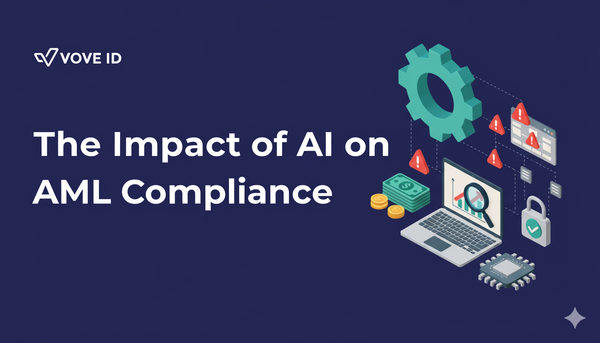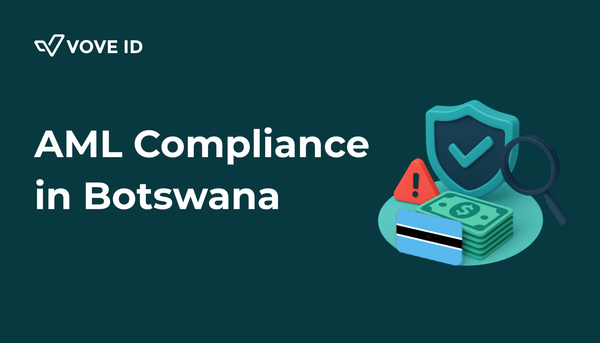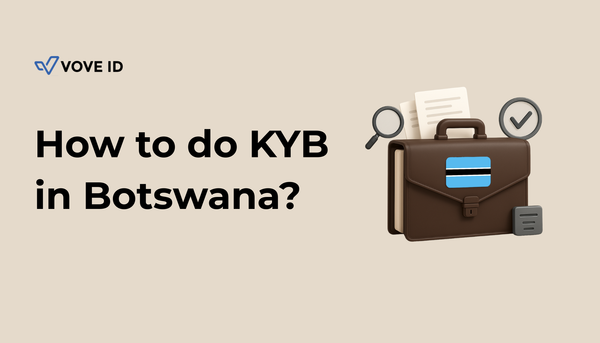KYC Compliance in France: 2025 Guide for Regulated Businesses
Explore KYC compliance in France for 2025, covering Code Monétaire et Financier, AMF, and digital identity verification strategies.
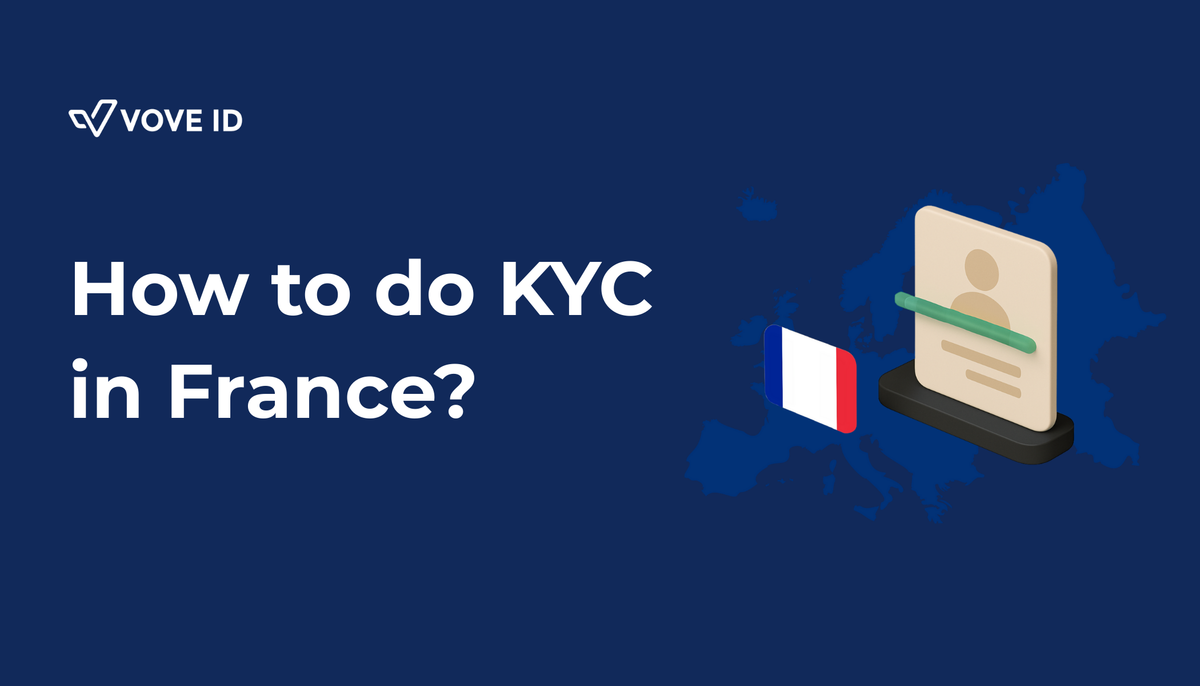
|Why KYC Is Critical in France Today
France is under renewed scrutiny ahead of the scheduled FATF follow-up in 2025, based on France’s 2022 mutual evaluation, prompting regulated businesses to reinforce AML/CTF defenses. The Autorité des Marchés Financiers (AMF) and Autorité de Contrôle Prudentiel et de Résolution (ACPR) estimate that financial crime costs France billions annually, often exploiting vulnerabilities in client onboarding processes. Under the French Monetary and Financial Code (Code Monétaire et Financier), Know Your Customer (KYC) ensures businesses verify client identities to safeguard the financial system. Non-compliance penalties can reach €5 million or 10% of annual turnover for serious violations, as harmonized under EU AML reform efforts. This guide outlines KYC requirements, methods, and best practices for 2025 compliance.
What is KYC?
KYC is vital in France’s fight against money laundering and terrorist financing. It ensures individuals and entities are not used as fronts for illicit activity by verifying their identity before establishing financial relationships. Governed by the Code Monétaire et Financier and influenced by EU directives like the Fifth Anti-Money Laundering Directive (AMLD5), KYC involves identifying clients, assessing risks, and monitoring transactions. The FATF’s 2022 mutual evaluation rated France as “largely compliant” but highlighted gaps in non-financial sectors, driving follow-up measures. Non-compliance risks severe penalties and reputational damage, especially with ongoing EU harmonization efforts.
With a clear understanding of KYC’s purpose, the next section identifies who must comply.
Who Must Comply?
KYC applies to “obliged entities” under the Code Monétaire et Financier, including:
- Banks and credit institutions
- Investment firms and financial advisors
- Insurance companies
- Real estate agents and legal professionals (strengthened focus as of 2025)
- Virtual asset service providers (VASPs), per AMF updates
Non-regulated entities may adopt KYC voluntarily to mitigate risks in sectors like luxury goods or cross-border trade.
With clarity on who’s affected, the next step is understanding how businesses can comply.
Key Requirements
The AMF and ACPR mandate the following KYC steps:
- Verify Client Identity: Confirm identity using official documents like passports, national ID cards, or e-IDs for remote verification.
- Identify Beneficial Owners: Determine individuals who own or control, directly or indirectly, 25% or more of a legal entity’s shares or voting rights, per AMLD5, which remains applicable under the current EU AML reform efforts, including the forthcoming EU AML Regulation.
- Screen Risks: Check for politically exposed persons (PEPs), sanctions, and adverse media ties.
- Assess Risks: Evaluate the client’s risk profile based on their activities, jurisdiction, and transaction patterns, applying Enhanced Due Diligence (EDD) for high-risk cases.
- Monitor Transactions: Track activities for suspicious patterns, updating client profiles as needed.
- Retain Records: Keep KYC records for five years after the relationship ends, available to TRACFIN within 30 days upon request, per Article L561-12 of the Code Monétaire et Financier.
Obliged entities must retain KYC records for five years after a relationship ends. Suspicious transaction reports must be submitted to TRACFIN and records provided within 30 days upon request.
Digital KYC tools—such as API-based identity verification, e-ID validation, and AI-driven risk screening—can enhance efficiency in meeting these requirements.
With these standards in place, the focus shifts to implementation.
Challenges & Solutions
KYC compliance presents challenges:
- Complex Ownership Structures: Identifying beneficial owners in multi-layered entities is difficult.
- Regulatory Updates: Keeping up with changes, like the 2025 focus on real estate and legal sectors, adds complexity.
- Data Privacy: Balancing KYC with GDPR requirements for data protection can be tricky.
- Resource Constraints: Manual processes burden smaller firms.
How French KYC Differs Globally
For a global perspective, here’s how French KYC compares internationally. France’s beneficial ownership threshold is 25%, aligning with EU standards, while the U.S. (via FinCEN) also uses 25% but emphasizes deeper verification under the Corporate Transparency Act. The UK’s threshold is similarly 25% but includes stricter PSC register requirements.
To address these, businesses are adopting automated KYC platforms, conducting regular staff training, and leveraging trusted third-party verifiers. Platforms like VOVE ID can support efficient compliance—book a demo to see how automation can streamline your onboarding
The following section explores strategies to optimize compliance.
Best Practices
Optimize KYC compliance with these strategies:
- Use Automation: Leverage digital tools for real-time identity verification and risk screening.
- Conduct Risk Assessments: Regularly evaluate clients for money laundering risks, following AMF’s risk-based approach (DOC-2019-15).
- Train Staff: Regularly train staff on AML/CTF responsibilities, with emphasis on emerging typologies and regulatory changes.
- Partner with Experts: Collaborate with KYC platforms tailored for French regulations.
- Monitor Updates: Stay informed on Code Monétaire et Financier changes and EU AML directives.
To clarify common questions, here’s a quick FAQ section.
What methods can be used for KYC verification?
Options include in-person ID checks, remote e-ID validation, or reliance on trusted third-party verification, per AMF guidelines.
Are there exceptions for low-risk clients?
Yes, simplified due diligence may apply to low-risk clients like listed companies, per ACPR rules.
VOVE ID offers secure, France-focused KYC solutions, ideal for fintechs and VASPs.
Checklist
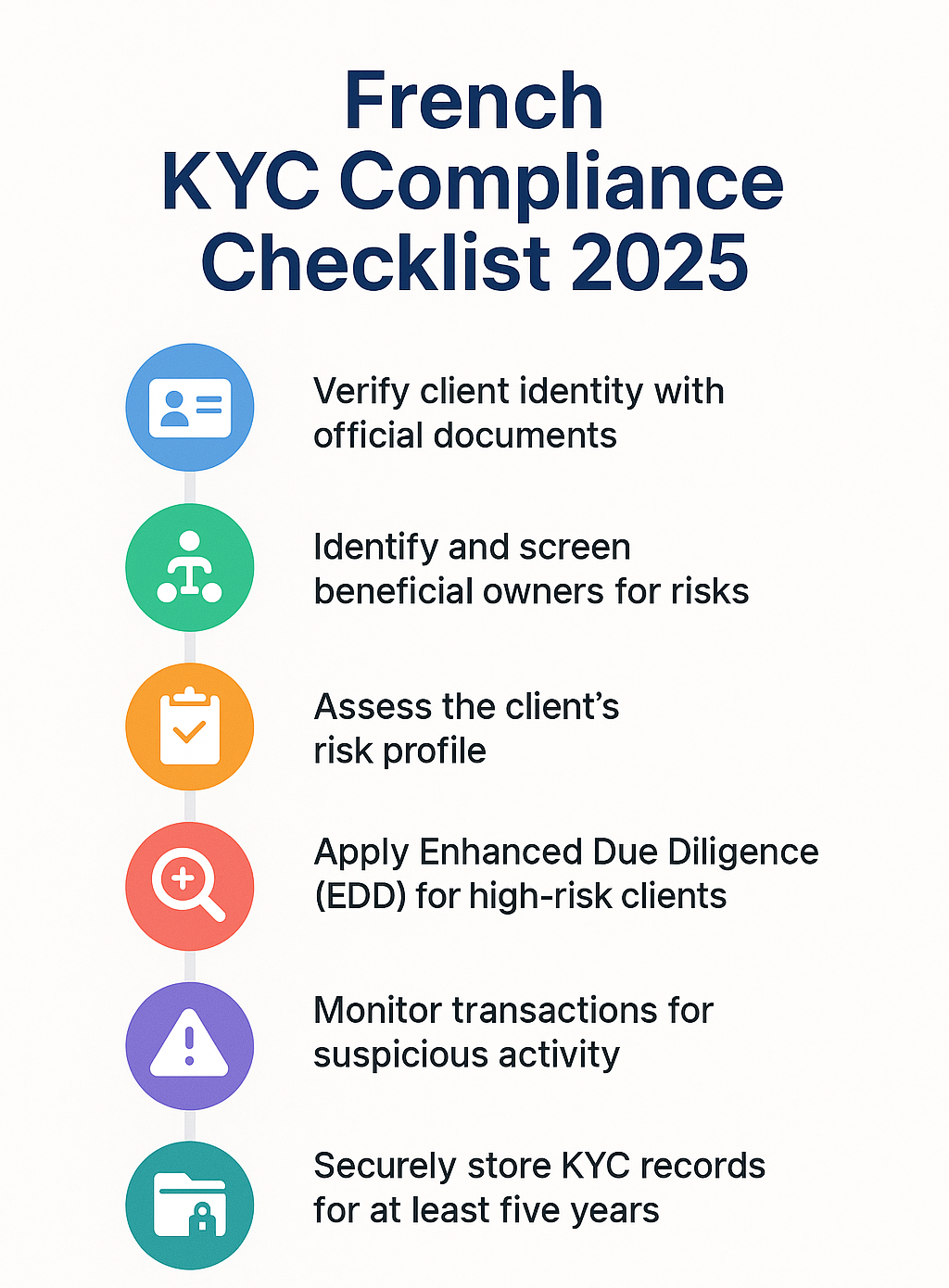
How France Compares in the EU
Comparison Table: KYC Across EU States (Alt Text: Table comparing KYC requirements in France, Germany, and Spain for screen readers)
| Country | Beneficial Ownership Threshold | Record Retention | Enforcement Stats (2024) |
|---|---|---|---|
| France | 25% (AMLD5) | 5 years | €12M in fines (based on AMF 2024 enforcement stats) |
| Germany | 25% (AMLD5) | 5 years | €15M in fines (BaFin reports) |
| Spain | 25% (AMLD5) | 10 years | €8M in fines (SEPBLAC reports) |
This table highlights France’s alignment with EU standards while noting Spain’s longer retention period and varying enforcement intensity.
Recent Updates
📢 Key Developments:
- Enhanced supervision of real estate and legal professionals (2025), addressing FATF-identified gaps as part of France’s follow-up commitments, per FATF recommendations.
- Strengthened central bank account registries for better transparency, per AMLD5 and forthcoming EU AML Regulation, which France is preparing to implement.
- Increased focus on virtual assets, aligning with AMF’s updated General Regulation.
Trends
KYC is advancing with technology in France. AI-driven tools improve verification accuracy, and remote e-ID solutions streamline onboarding. Industry forecasts—including those from RegTech providers and consulting firms—predict a 25–35% rise in adoption among French obliged entities by 2026, driven by automation and EU regulatory pressure. AMF’s focus on virtual assets and non-financial sectors underscores the need for robust KYC ahead of France’s upcoming FATF follow-ups.
Wrapping Up
KYC in France ensures compliance with the Code Monétaire et Financier and EU AML regulations, protecting businesses from financial crime. Digital tools and proactive strategies streamline the process. Platforms like VOVE ID can support efficient compliance. Book a demo to see how automation can streamline your onboarding. As EU scrutiny intensifies, future-proof your KYC process now.


